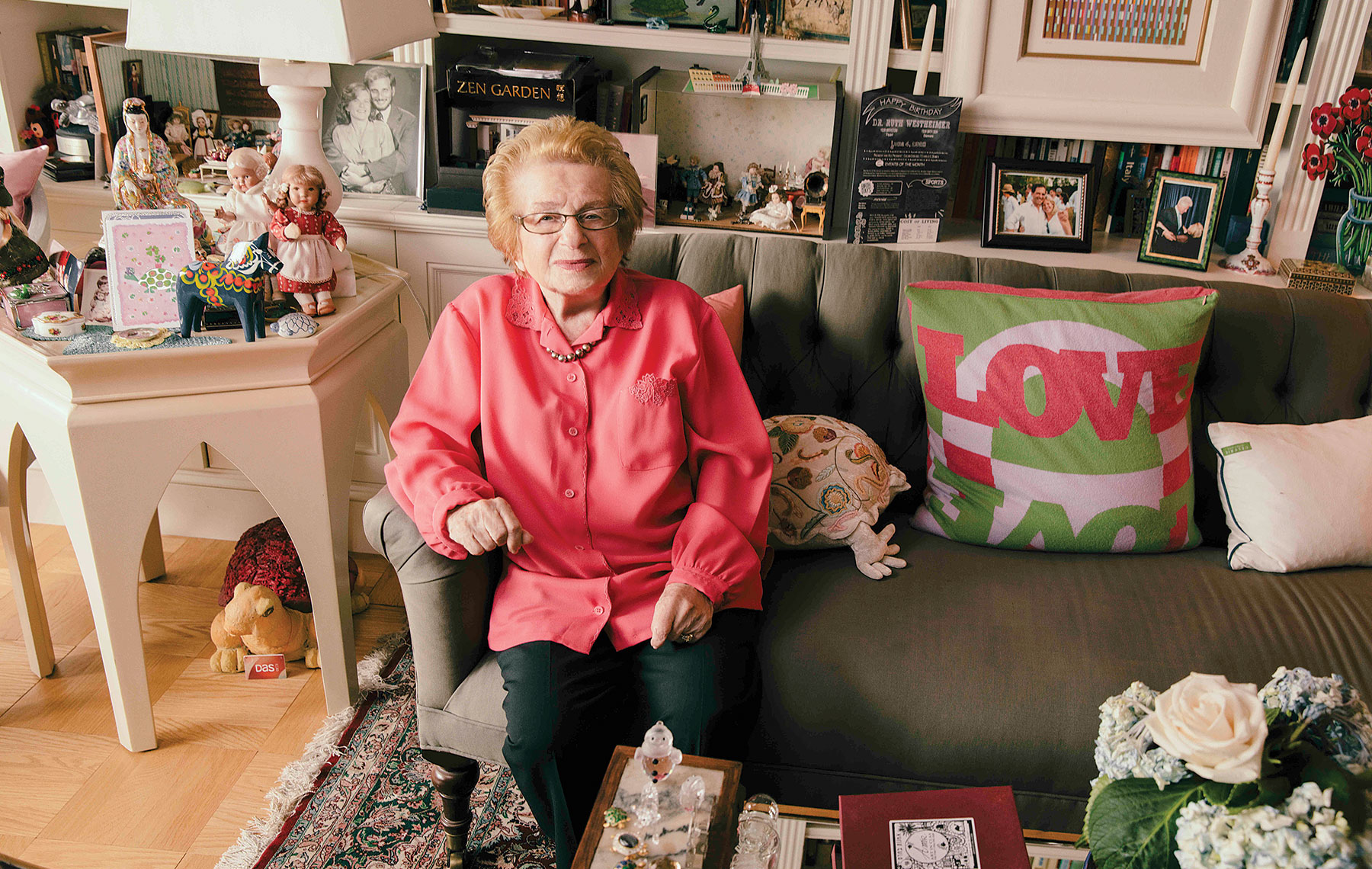
In much the same vein as the Ruth Bader Ginsburg documentary “RBG,” “Ask Dr. Ruth” is about a diminutive Jewish woman who defied obstacles to accomplish remarkable things. A similarly crowd-pleasing bio, it incorporates interviews, archival footage, photos and animation to chronicle the life and career of renowned sex therapist Dr. Ruth Westheimer.
“Ask Dr. Ruth” already is earning Oscar buzz in advance if its May 3 theatrical release and June 1 premiere on Hulu.
However, before a radio guest appearance in 1981 led to her own “Sexually Speaking” broadcasts on radio and TV, talk-show guest spots, lectures, a book deal, commercials, sitcoms and the cover of People magazine, Westheimer lived a very different life.
Born Karola Ruth Siegel in Frankfurt, Germany, in June 1928 to Orthodox Jewish parents, she lost her entire family in the Holocaust. When she was 10, her mother put her on a Kindertransport train to Switzerland, where she spent the war in an orphanage, awaiting letters from home that eventually stopped coming. “My parents gave me life twice,” she says in the documentary.
Sitting down with the Journal, Westheimer explained why she allowed filmmaker Ryan White to film her over a year and a half. “It’s very important for me to stand up to Holocaust deniers and the people who talk about Holocaust fatigue and say ‘stop talking about it,’ ” she said. “There has to be a reason why I was not killed. I have an obligation as an orphan of the Holocaust to stand up and be counted. I’m an example for those people who say the Holocaust didn’t happen. This film is going to make a difference.”
Although she sometimes found herself asking God, “Why did I have to be an orphan?” Westheimer said, “My faith was never shaken.” Today, she belongs to two New York synagogues, is on the board of the Museum of Jewish Heritage, and celebrates Jewish holidays and Shabbat. “I don’t keep kosher but I’m very Jewish. I raised my children very Zionist. I go back to Israel every year.” In the film, she’s seen visiting Yad Vashem in Jerusalem.
“I will never retire. I tell everybody not to retire but to rewire. I’m very fortunate that I’m very healthy. But I think the more important issue is that I’m also really interested.”
After World War II, Westheimer immigrated to Palestine, where she lived on a kibbutz and became a sharpshooter in the underground army, the Haganah. She was badly injured in a bombing during the War of Independence in 1948 and nearly lost her foot. She recovered, taught kindergarten and married. In 1950, Westheimer moved to Paris, where she studied psychology.
After her marriage ended and her husband returned to Israel, she relocated to New York. After ending a second brief marriage that resulted in daughter Miriam, she met and married Fred Westheimer, the father of her son, Joel. Joel and Miriam, both educators and parents of two children each, are in the documentary. Westheimer calls her grandchildren her greatest accomplishment, as they’re the result of her survival. “Hitler lost and I won,” she said.
As for her many career achievements, she believes “having been a pioneer in talking openly about issues of sexuality, issues of homosexuality, that everyone has the right to be treated with respect” is her greatest legacy.
While she’s encouraged by positive changes in attitudes toward these topics, “We need more research about issues of gender, sexuality, new studies from reputable scientists, validated data from a university to know more about sex and relationships,” she said. “We need more information about sexually transmitted diseases like AIDS.”
The author of more than three dozen books, Westheimer has two more coming: an updated version of her 1995 “Sex for Dummies,” targeted toward millennials, and a children’s book about diversity called “Crocodile, You’re Beautiful! Embracing Our Strengths and Ourselves,” due out in August.
At nearly 91, she is energetic and active, traveling for speaking engagements and teaching a course at Columbia University about the changing image of the family in media and at Hunter College on the history of sex education. “In my classroom, nobody sits with a computer,” she said. “They have to talk to each other.”
A fan of concerts and musical theater, Westheimer recently saw the Israel Philharmonic play at Carnegie Hall and has seen “Phantom of the Opera” more than 20 times. She doesn’t cook but enjoys dinner with family and friends, including the two young men who live across the hall from her apartment in Manhattan’s Washington Heights. “I don’t use a cane,” she said. “I walk with good-looking guys instead.”
Reflecting on the twists and turns in her life, “I’ve lived many lives. I didn’t know that I’d be talking about sex from morning to night,” she said with a laugh. However, she believes she has found the key to living a long, productive and happy life.
“I will never retire,” Westheimer said. “I tell everybody not to retire but to rewire. I’m very fortunate that I’m very healthy. But I think the more important issue is that I’m also really interested.” n
“Ask Dr. Ruth” opens in theaters on May 3 and begins streaming on Hulu on June 1.









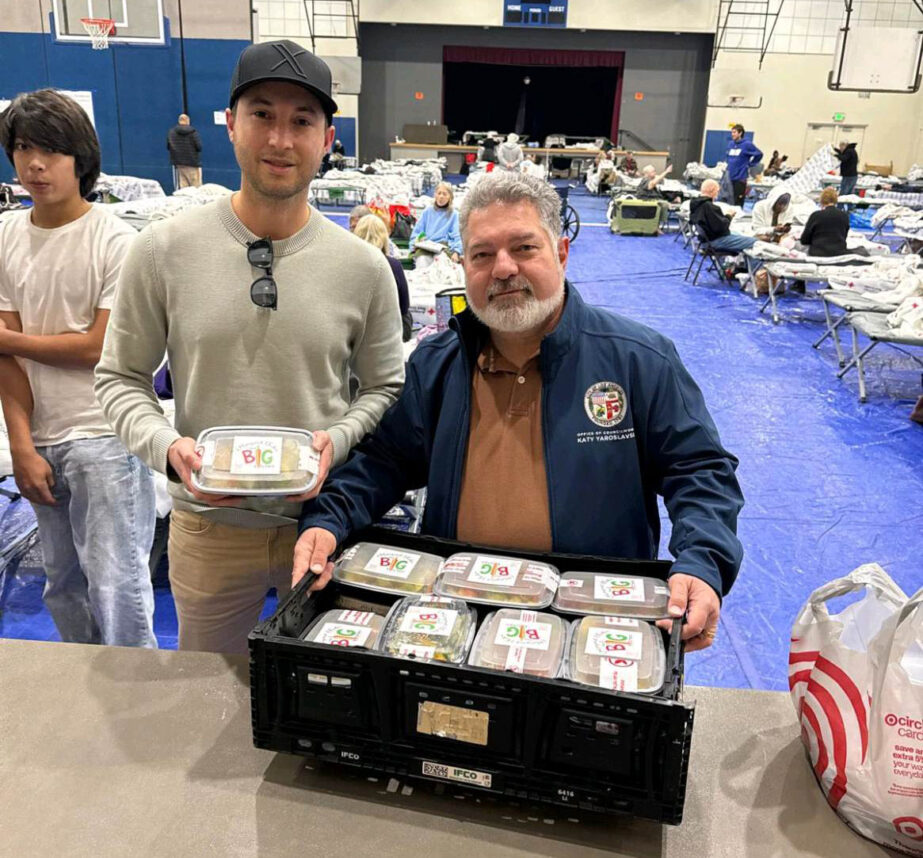

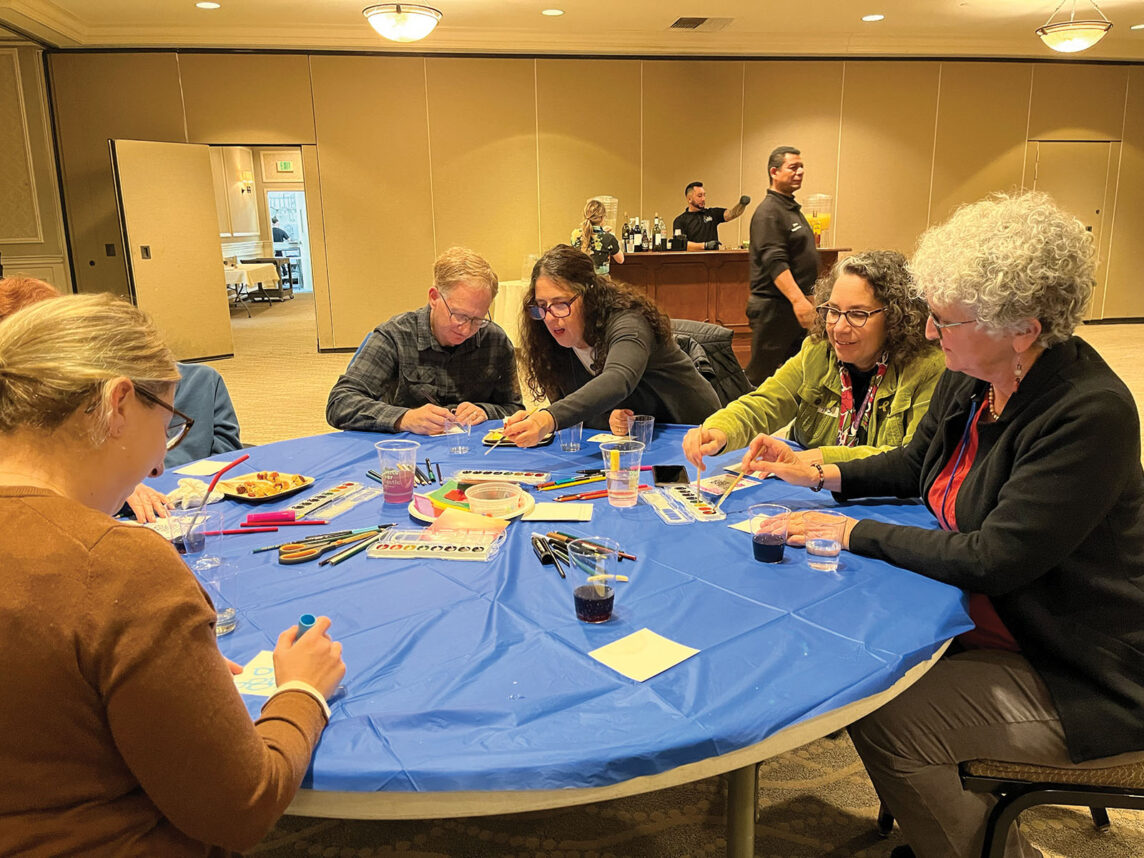



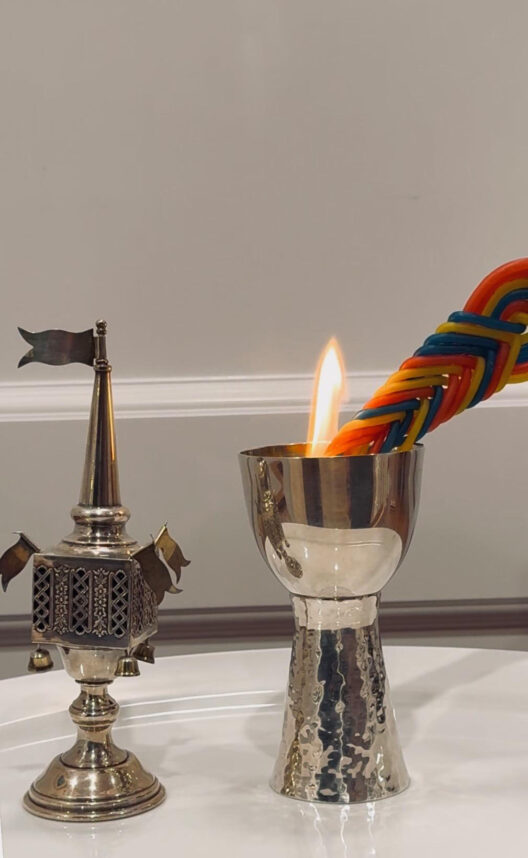




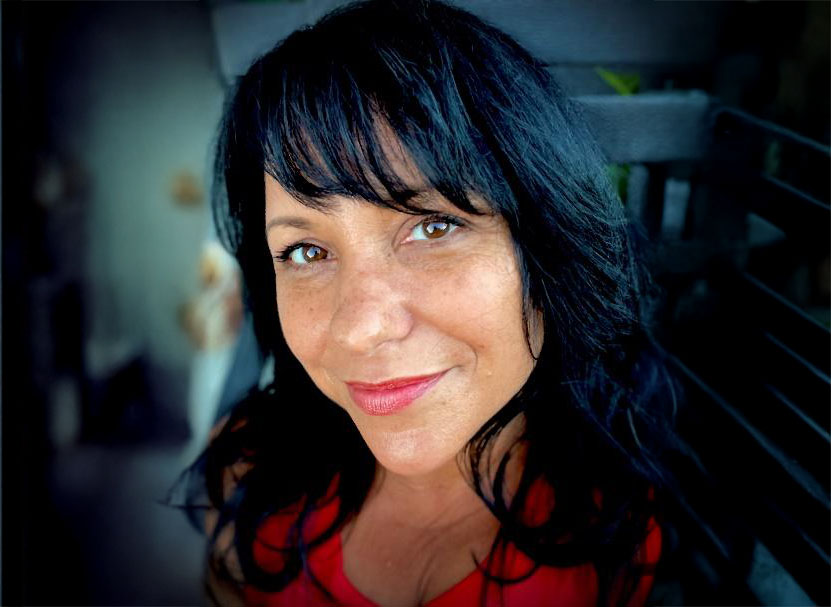
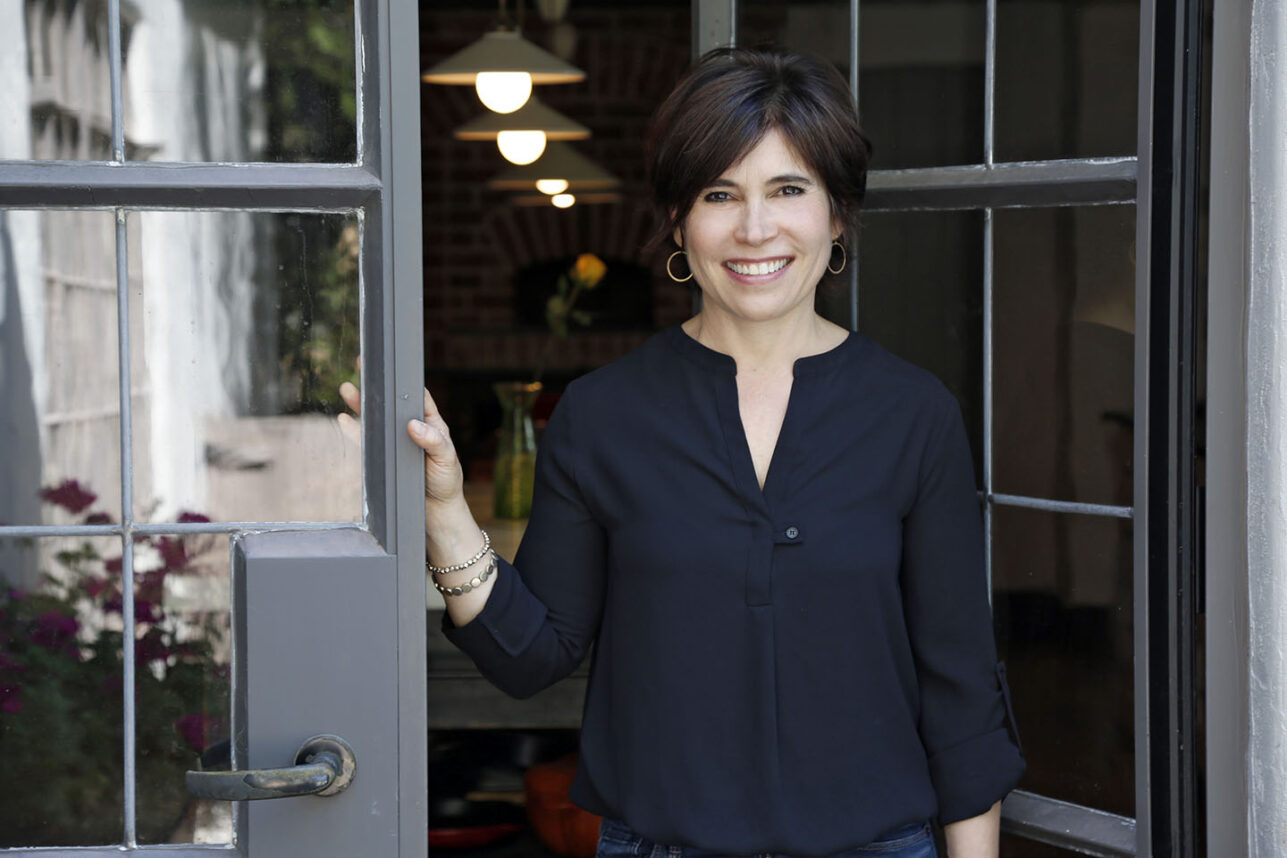

 More news and opinions than at a Shabbat dinner, right in your inbox.
More news and opinions than at a Shabbat dinner, right in your inbox.